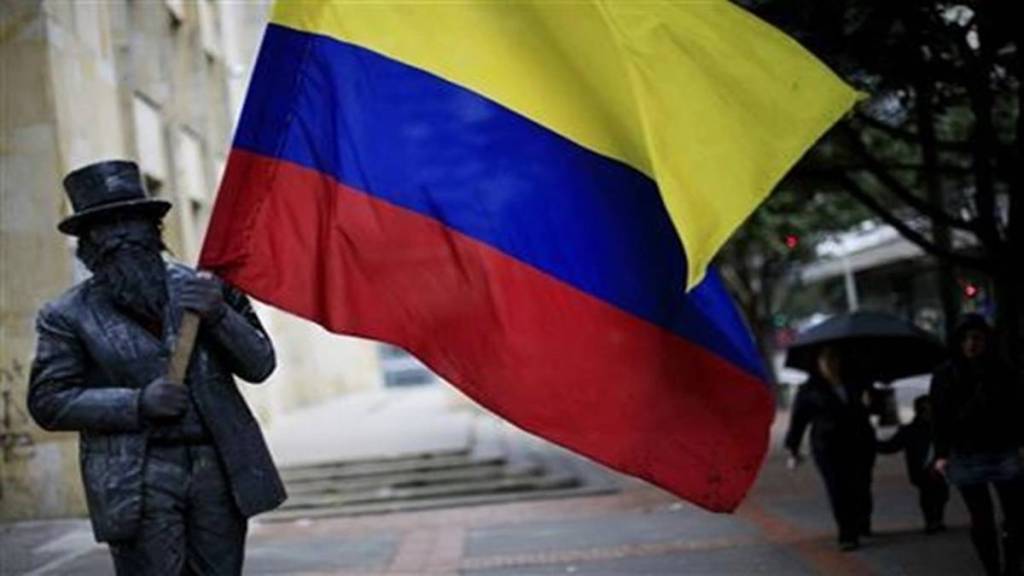By MARIANA PACHECO
Minister Jaishankar’s next trip to Latin America will take him to Guyana, Panama, Colombia, and the Dominican Republic. The purpose of his visit is to reinforce India’s interest in Latin America and the Caribbean while reiterating India’s policy towards the Global South. Colombia is the largest country that Minister Jaishankar will travel to, and certainly the one that offers more opportunities and insights on the new “pink wave” that is moving the region towards the political left.
Each country has a different strategic interest that this delegation aims to reinforce. Guyana is a newly rich country in oil, Panama a financial hub and a crossroad for the Americas, and the Dominican Republic a country that is growing at a very fast pace despite global inflation and tough times for most developing countries. Colombia, on the other hand, is in a privileged geographic location that provides a very attractive market and hub, filled with opportunities for Indian companies to continue expanding bilateral trade and investment.
Colombia is a gateway between South America -with Brazil and Argentina-, Central America, and the Caribbean, and has a coast in both the Pacific and Caribbean, which makes it an ideal country as a hub for Indian investments, thanks to the regional free trade arrangements. In light of supply chain disruptions caused by COVID-19 and the war in Ukraine, India is not only primed to become a global supply chain hub but also to reshore its companies near the United States and Canada markets, as well as Mexico, Brazil, and Argentina, all of which Colombia has trade arrangements.
According to a study by Araujo Ibarra in 2022, India’s average tariff to enter the U.S. is 6%, while Colombia’s tariff is 0.6%. In the case of the cost of ocean freight from India to the U.S., it is USD 0.12/kg, while the cost from Colombia to the U.S. is USD 0.02/kg. Furthermore, the cost of air freight from India to the U.S. is USD 5.63/kg, while the cost from Colombia to the U.S. is USD 1.12/kg. Colombia, in a nearshoring strategy, may offer India very extensive connectivity by air and ports with the rest of the Americas. Colombia has ports in the Atlantic and the Pacific, and more air frequencies than any other country in Latin America, that can connect Indian companies with the United States, Canada, and the rest of Latin America and the Caribbean thanks to a great variety of trade agreements in place.
The economic relationship between India and Colombia is experiencing an emerging stage. There is ample room for growth in international trade, foreign direct investment, and cooperation between these partners. According to data from recent years, economic ties have increased every year, most notably the growth of trade. In fact, between 2021 and 2022, Colombia’s exports to India increased by 640% according to Colombia’s DANE data, mainly thanks to exports of oil, coal, and emeralds, among other goods. These figures are supporting evidence that these links will continue to grow in the coming years, and that we need to strengthen them.
Both India and Colombia are “developing” countries, which means that there are great investment opportunities for companies that want to expand in them. Colombia’s new government is implementing a reindustrialization policy which is giving priority to agribusinesses, IT, pharmaceuticals, and renewable energy, all industries where Indian companies have succeeded in the international market and may find in Colombia not only a hub but also a domestic market to grow.
On the other hand, along with India, we are partners in democracy, and this shared value is foundational to our long-standing friendship since 1959. Colombia is the second oldest democracy in the Western Hemisphere after the United States, while India is the world’s largest democracy. Colombians, like Indians, are united around common values and beliefs: democratic governments, multilateralism, peace, free and fair trade, and solidarity. This unique nature of our relationship is remarkable for such culturally diverse and geographically opposed nations as ours, but this is a perfect example of the type of cooperation necessary to deal with the challenges that lie in this multipolar world.
We also recognize the importance of the Indo-Pacific region, led by India’s strategic vision of the world, a region we value as crucial for our future, and that of the Global South. We also value India’s leadership in the G-20, BRICS, Shanghai Cooperation Organization, QUAD and, of course, the United Nations, in areas of world security, economic development, and peace.
Dr. Jaishankar’s trip to Latin America, specifically to Colombia, will strengthen the foundations that keep our bilateral relations relevant. Given India’s leadership and generosity towards the developing world in providing a voice to emphasize equal opportunity in the decision-making process at the global level, it is safe to assume that this will aid Colombia in placing itself on a new stage of world politics.
The author is former Colombian Ambassador to India
Disclaimer: Views expressed are personal and do not reflect the official position or policy of Financial Express Online. Reproducing this content without permission is prohibited.


